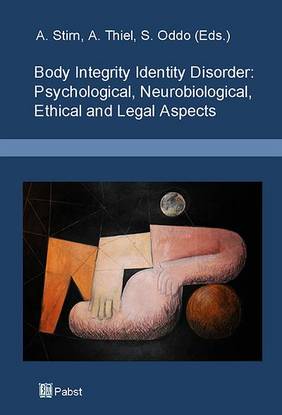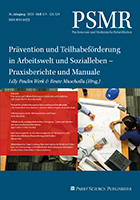Marian Swindell and Jan St. Lawrence describe three types:
- People are believing incorrectly that a part of their body is diseased or so extremely unsightly as to warrant removal. This belief is an intense concern for the individual, who is excessively preoccupied with this real or imagined imperfection. From this perspective BIID could also be considered a delusional disorder characterized by misperceptions about one´s own body.
- The second possibility is that people are sexually attracted to amputees or to the idea of being an amputee. From this perspective, the desire for amputation could be considered apotemnophilia, a paraphilia within the psychosexual disorders. Apotemnophiles are sexually attracted to amputees and reported to become sexually excited by the mere thought that they might become amputees.
- A third possibility is that there is some sort of disjuncture between their experiences of their bodies and the actual bodily integrity. Mismatches between self perception of the body and the actual body are not uncommon. For example, persons who lose a limb often experience a phantom limb, feeling as those the limb is still there or even experiencing pain from the nonexistent limb. Others fail to perceive some portion of their bodies. Such discrepancies, termed asomatognosia, have been reported following post-stroke neglect or extreme manifestations of depersonalization.
It is unclear whether any of these three possible explanations may account for some proportion or even all of the cases in which a person desires amputation of a healthy limb.
Body Integrity Identity Disorder: Psychological, Neurobiological, Ethical and Legal Aspects
Stirn, A.; Thiel, A.; Oddo, S. (Eds.)























